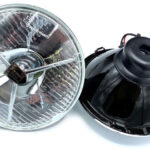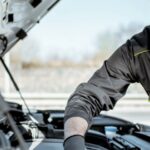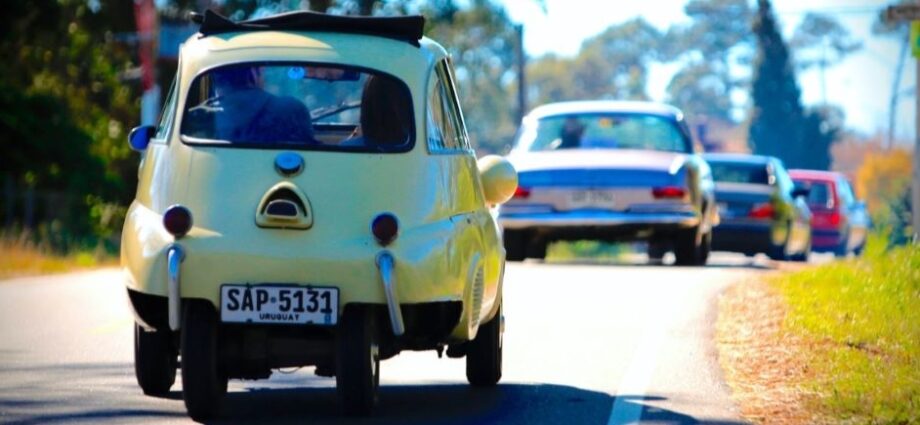FIVA (the Fédération Internationale des Véhicules Anciens or international federation of historic vehicles) is welcoming news that the use of carbon-neutral e-fuels is now officially recognised in Europe as an important factor in tackling climate change. In recent years, FIVA member organisations have been actively studying the use of e-fuels and the results to date suggest these fuels work well in historic as well as modern vehicles.
There had been concerns that the sale of all new cars with internal combustion engines would be banned across Europe from 2035 as part of the latest EU zero-emissions legislation; a move that would result in fossil fuel supplies running dry without an alternative rising to take their place. But it has now been announced in Brussels that legislation will allow traditional engines to continue being sold as long as they are adapted to only accept synthetic, non-polluting fuels.
FIVA has welcomed the development because…
- It will encourage the commercial development of e-fuels, which will make it easier for historic vehicle owners to begin transitioning away from fossil fuels
- The availability of non-polluting fuels will help keep Europe’s historic vehicles on the road long into the future, while reducing their impact on the environment
- The ongoing production of e-fuels will be important in other parts of the world where the internal combustion engine will still, by necessity, have a role to play for some time
- Ongoing trials by FIVA member organisations in Austria, France, Germany, Netherlands and the UK have already shown that e-fuels work well in historic engines and, as fossil fuels start to disappear from the mainstream market, owners are increasingly keen to embrace the use of clean, green alternatives
Background
European energy and transport ministers decided this week that, after 2035, no new cars or vans can be sold in Europe if they emit carbon pollution into the atmosphere. It looked at one stage as if the internal combustion engine had reached the end of the road in the EU. But a last-minute campaign, led by Germany, produced an amendment that would still allow traditional engines to be bought and used if new vehicles were adapted so they could only accept non-polluting synthetic fuels.
Comment
FIVA president, Tiddo Bresters, says the historic vehicle community has already done much to champion the use of clean fuels and it welcomes these latest developments: “FIVA has always been keen to play its part in tackling man-made climate change wherever possible, and the use of e-fuels is already being actively promoted at this year’s programme of FIVA World Events.”
Speaking after the announcement in Brussels, Lars Genild, FIVA’s Vice-President, Legislation, commented, “This EU decision to allow new internal combustion-engined vehicles to run on carbon-neutral fuels will also help us keep our motoring heritage on the road, without making a negative impact on the carbon footprint. Meanwhile, the legislation will encourage e-fuel manufacturers to provide e-fuel on a larger scale, which should lead to better availability and, we hope, lower prices.
“Here at FIVA we have been working hard on our sustainability strategy. We want to take responsibility for making our passion for preserving historic vehicles as environmentally friendly as possible. This news will help us achieve that goal.”
About Fédération Internationale des Véhicules Anciens (FIVA)
FIVA (the Fédération Internationale des Véhicules Anciens) is the worldwide organisation dedicated to the protection, preservation and promotion of historic vehicles and related culture, as well as their safe use. Since 2017, FIVA has been a non-governmental partner of UNESCO. https://fiva.org/en/fiva-home/









